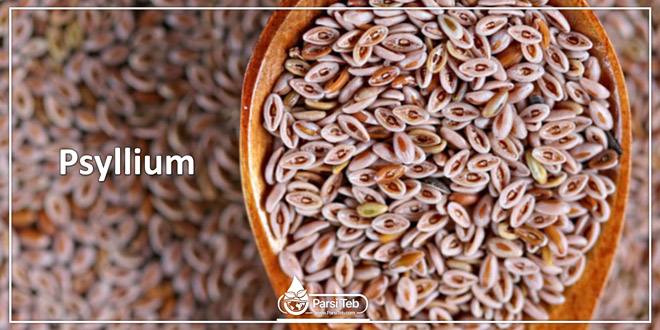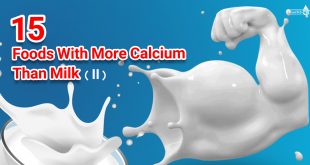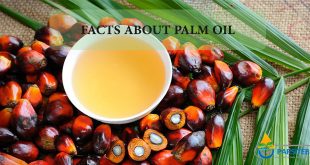Also called Isphagula, psyllium belongs to the plant family Plantago and among its parts considered to be beneficial to health are the seed and husk. The many psyllium husk benefits have contributed greatly to its growing popularity in the health industry.
What Is It?
The husk of the psyllium is primarily composed of mucilage or soluble fiber. For this reason, they are easily dissolved yet not readily digested and absorbed in the digestive tract.
The fiber component is known to reduce appetite, improve digestion, and cleanse your system of harmful toxins. It is a good fiber supplement if your diet is lacking.
What are the Benefits?
Because of its soluble fiber component, it has been widely used for the following health problems:
1. Cholesterol Control – to reduce the risk of high cholesterol-associated illnesses, the US Food and Drug Administration (FDA), intake of at least 3 to 12 grams of fiber can reduce LDL cholesterol as well as total cholesterol levels
2. Constipation – psyllium husk allows for increased absorption of water during digestion resulting in softened stools and reduced pain associated with hemorrhoids
3. Diarrhea – used as an agent for bulk-forming, it can relieve mild and moderate cases of diarrhea by firming up stools and allow for its slower passage.
4. High sugar levels in the blood – Proven to lower blood sugar levels in patients diagnosed with diabetes
5. Inflammatory bowel disease – studies have revealed that it can actually regulate the consistency and frequency of stool in individuals with this digestive problem. In addition, it reduces bloating and flatulence.
6. Obesity and Weight Loss – improves lipid and sugar levels in the blood effectively reducing body weight
7. Colon Cancer Prevention – some studies have shown possibilities of reduced risk for colon cancer
8. Preparation for Colonoscopy Procedure – cleanses the colon before a colonoscopy.
With the many amazing benefits, including it in your low-fat diet can improve your overall health.
 Parsi Teb Physical and Mental Health Journal
Parsi Teb Physical and Mental Health Journal 



